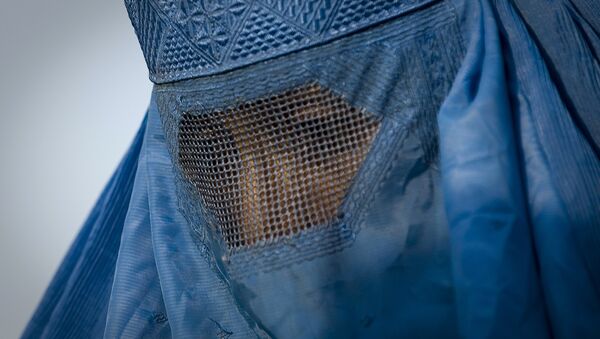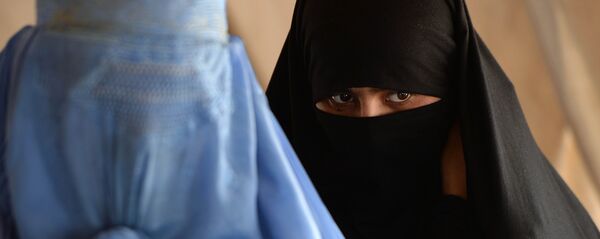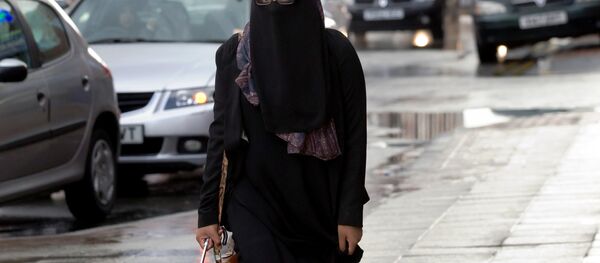"We think that it becomes confusing for the audience to make sure where the limit goes. This makes it also unnecessarily difficult for police officers to determine whether a veiled face is a manifestation of a religious belief or the person has criminal intentions," Lars Tonneman, chief constable and head of the Police Legal Entity, told Swedish national broadcaster SVT.
According to the police, surveillance cameras should be able to identify a person, which automatically outlaws both the burka and the niqab alongside face masks, commonly worn by aggressive football supporters.
The police welcomed the ban proposal, as it would obviously make it harder to commit crimes in anonymity, which together with surveillance may have a deterring effect on criminals.
This argument, however, failed to impress Swedish police. According to Lars Tonneman, the nascent masking ban neither contradicts the Swedish constitution nor the European Convention.
"Prohibition of the burka is only a natural consequence, but on the other hand you rarely see burka-clad women on sporting events, so the restriction will be hardly noticeable," Tonneman pointed out.
Another possible exception that the Swedish government is ready to make regards severe weather conditions. According to Tonneman, this is reasonable, as the police on the spot can make an assessment of how warranted it is to cover one's face in the current weather. By contrast, it may prove next to impossible to assess how genuine one's religious beliefs are.
The total number of Swedish Muslims remains a matter of debate, as the given estimates range between 100,000 and 500,000 practicing worshippers in a country of almost 10 million. The reason is that registration by personal belief is illegal and regarded as "discriminatory." Regardless of which of the estimates is correct, Sweden's Muslim community is booming, as 163.000 asylum-seekers from predominantly Islamic countries were taken in last year alone.
If the majority of the interrogated bodies concur, the masking ban will come into force on March 1, 2017.





